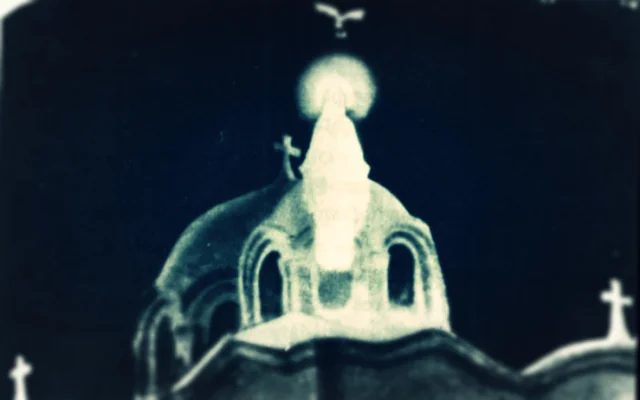
The Miracle of Our Lady of Zeitoun: A Marian Apparition Seen by Thousands
Introduction
The Blessed Virgin Mary has been known to appear throughout history, often bringing messages of peace, conversion, and hope. One of the most extraordinary Marian apparitions took place in Zeitoun, Egypt, between 1968 and 1971. This remarkable event is unique because it was witnessed by people of all faiths and backgrounds, including Christians, Muslims, Jews, and even skeptics. Over the span of three years, thousands of individuals claimed to see Our Lady appear above St. Mary’s Coptic Orthodox Church, radiating light and performing signs that left an indelible mark on Egypt and the world.
The Historical Context
The Zeitoun apparitions occurred during a time of political and social tension in Egypt. The country had recently experienced the Six-Day War of 1967, which left it reeling from loss and uncertainty. For many, faith in the divine was a source of solace amid turmoil. Zeitoun, a bustling district in Cairo, was home to a diverse population, including a significant number of Christians who worshipped at St. Mary’s Coptic Orthodox Church.
According to tradition, the church was built on a site where the Holy Family rested during their flight into Egypt, making it a spiritually significant location for Christians. Little did the world know that this small church would become the stage for a miracle that would captivate millions.
The First Apparition
On the evening of April 2, 1968, a group of Muslim workers noticed a luminous figure standing on the domes of St. Mary’s Church. At first, they thought it was a nun, but her radiant appearance quickly dispelled that notion. As word spread, a crowd began to gather. Among them were Christians and Muslims alike, drawn by curiosity and reverence.
The figure was described as a woman bathed in light, dressed in a flowing white robe with a blue mantle. Witnesses immediately identified her as the Virgin Mary. She stood silently, her hands outstretched in a gesture of blessing, sometimes accompanied by a dove or surrounded by a halo of light. For many, this was a clear sign of divine intervention.
The apparition lasted for several minutes before disappearing, leaving the onlookers in awe. This event marked the beginning of a series of appearances that would continue intermittently for three years.
Eyewitness Accounts
What sets the Zeitoun apparitions apart from other Marian miracles is the sheer number of witnesses. Estimates suggest that over a million people saw Our Lady during the three years of her appearances. These included Christians, Muslims, atheists, and skeptics. Unlike other apparitions, which are often limited to a select few visionaries, the phenomenon in Zeitoun was visible to anyone present.
Eyewitness accounts describe the Virgin Mary as a luminous, ethereal figure who sometimes moved across the church’s domes, as if walking. She was often seen accompanied by heavenly phenomena, such as doves of light that flew without flapping their wings, bright stars, or clouds of incense-like mist. People claimed to feel an overwhelming sense of peace and joy in her presence, and many fell to their knees in prayer.
One striking aspect of the Zeitoun apparitions is the consistency of descriptions across diverse groups of witnesses. Muslims referred to her as “Our Lady” or “The Blessed Virgin” and viewed her appearance as a divine sign, with some interpreting it as a message of interfaith unity and peace. For Christians, it was a powerful affirmation of Mary’s role as the Mother of God.
Miraculous Healings and Conversions
The apparitions were also accompanied by numerous reported miracles, particularly healings. People suffering from chronic illnesses, blindness, paralysis, and other ailments claimed to be cured after witnessing the Virgin Mary or praying at the site. These healings were often verified by doctors, adding to the credibility of the phenomenon.
Additionally, many people experienced profound spiritual conversions. Skeptics who came to debunk the event left as believers, while Muslims and non-Christians reported feeling a renewed sense of faith and connection to God. The apparitions seemed to transcend religious boundaries, bringing together people from all walks of life.
Church and Government Responses
The Zeitoun apparitions received swift recognition from the Coptic Orthodox Church. Pope Kyrillos VI, the head of the Coptic Church at the time, appointed a committee to investigate the phenomenon. After thorough examination and interviews with witnesses, the Church declared the apparitions authentic, affirming that they were a divine event.
Remarkably, the Egyptian government also supported the claims. The then-President, Gamal Abdel Nasser, a Muslim, visited the site and reportedly witnessed the apparition himself. His government provided security for the crowds and facilitated media coverage of the events. State-run newspapers and television stations reported on the phenomenon, giving it unprecedented visibility.
Scientific Investigations
The Zeitoun apparitions attracted global attention, including that of scientists and journalists who sought to investigate the phenomenon. Photographs and videos were taken, some of which captured the luminous figure on the church’s domes. Experts examined the possibility of a hoax but found no evidence of artificial lighting or other human intervention. The apparitions remained a mystery, defying scientific explanation.
The Message of Zeitoun
Unlike many Marian apparitions, the appearances at Zeitoun were silent. The Virgin Mary did not deliver any verbal messages, but her presence spoke volumes. For Christians, it was a reaffirmation of Mary’s role as a mother who intercedes for her children. For Muslims, it was a sign of divine grace and a reminder of Mary’s revered status in Islam. For all who witnessed it, it was a call to unity, prayer, and faith in God.
The silence of Our Lady at Zeitoun has been interpreted as a universal message of peace and reconciliation. In a world fractured by conflict and division, her radiant presence served as a reminder of the shared humanity and spiritual longing that unites us all.
Legacy and Impact
The apparitions of Our Lady of Zeitoun continue to inspire millions around the world. St. Mary’s Church in Zeitoun remains a pilgrimage site, attracting visitors who seek to experience the peace and grace associated with the miracle. The event has also strengthened devotion to Mary in Egypt and beyond, fostering interfaith dialogue and understanding.
Decades later, the Zeitoun apparitions stand as a testament to the power of faith and the enduring presence of the Virgin Mary in the lives of believers. They remind us that even in times of darkness, God’s light shines through, offering hope, healing, and a path to unity.
Conclusion
The Miracle of Our Lady of Zeitoun is more than just a historical event; it is a living testament to God’s love and the intercessory power of the Blessed Virgin Mary. In a world yearning for peace and understanding, the silent yet luminous presence of Our Lady at Zeitoun serves as a beacon of hope, reminding us that God’s grace knows no bounds and that Mary, as our heavenly mother, continues to guide us toward her Son. For those who witnessed it and for those who learn about it today, the miracle remains a profound call to faith, unity, and devotion.
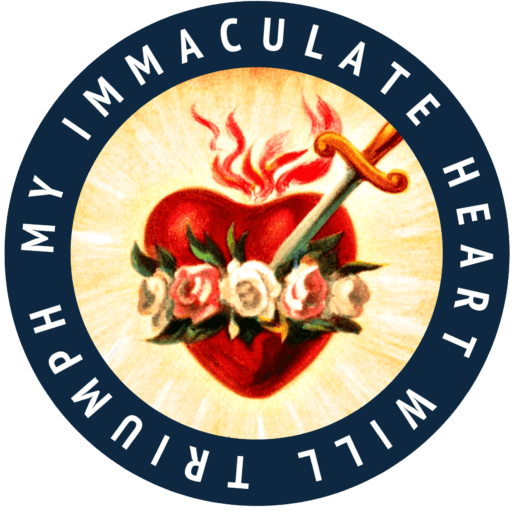

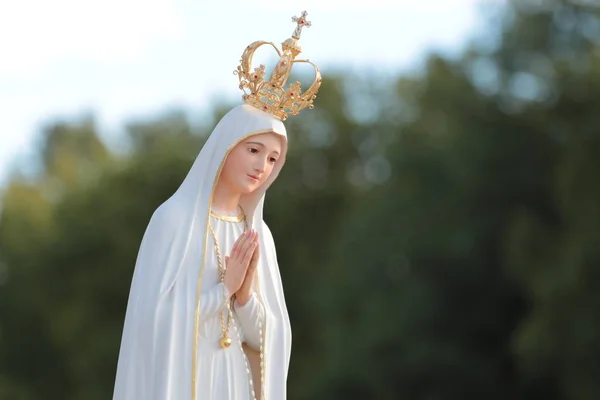
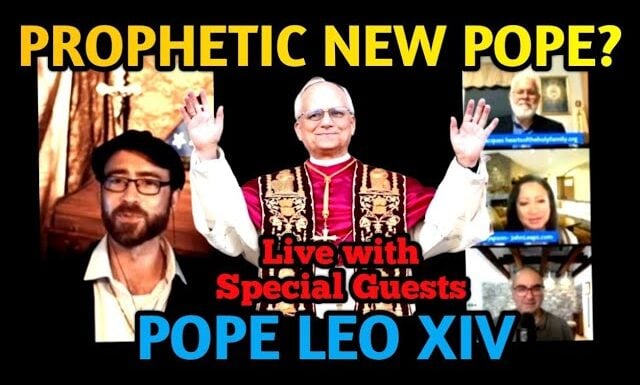
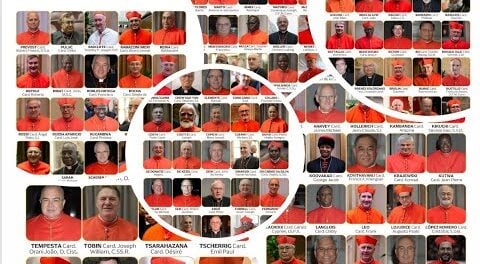
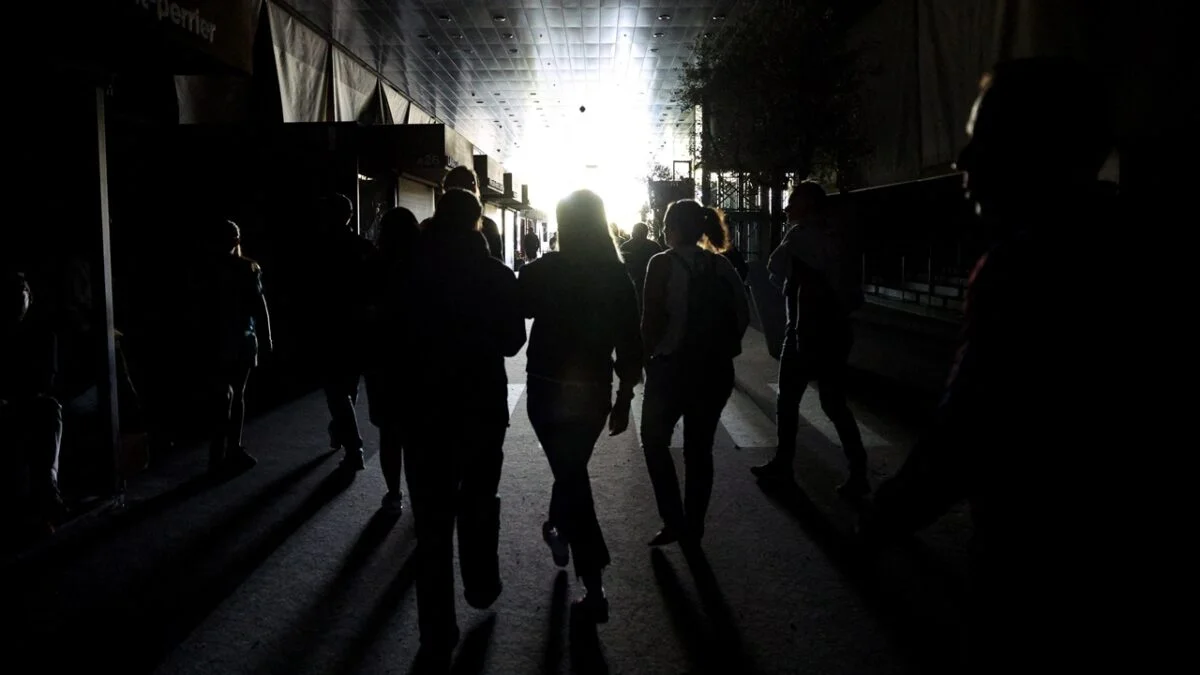
Leave a Reply